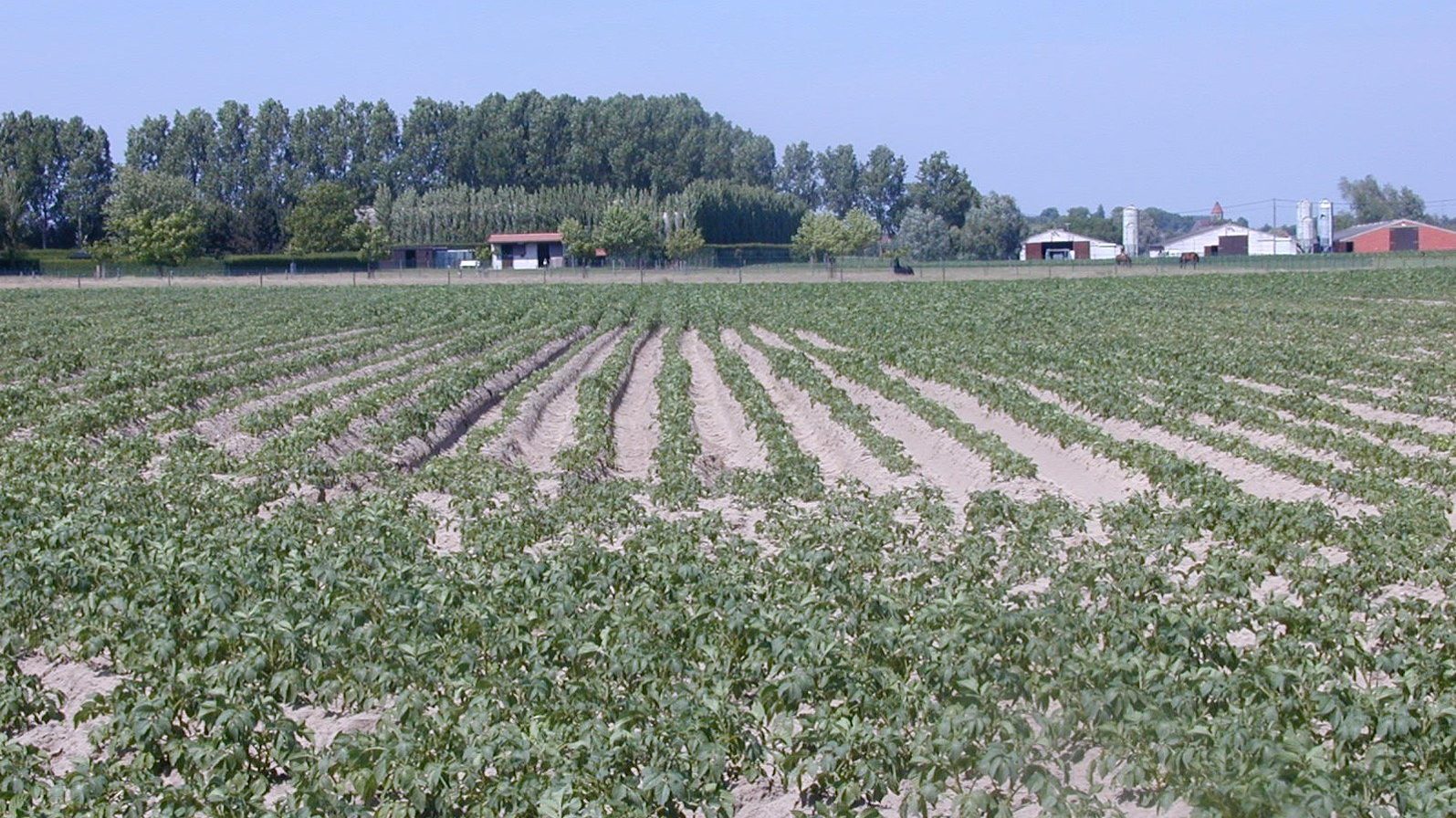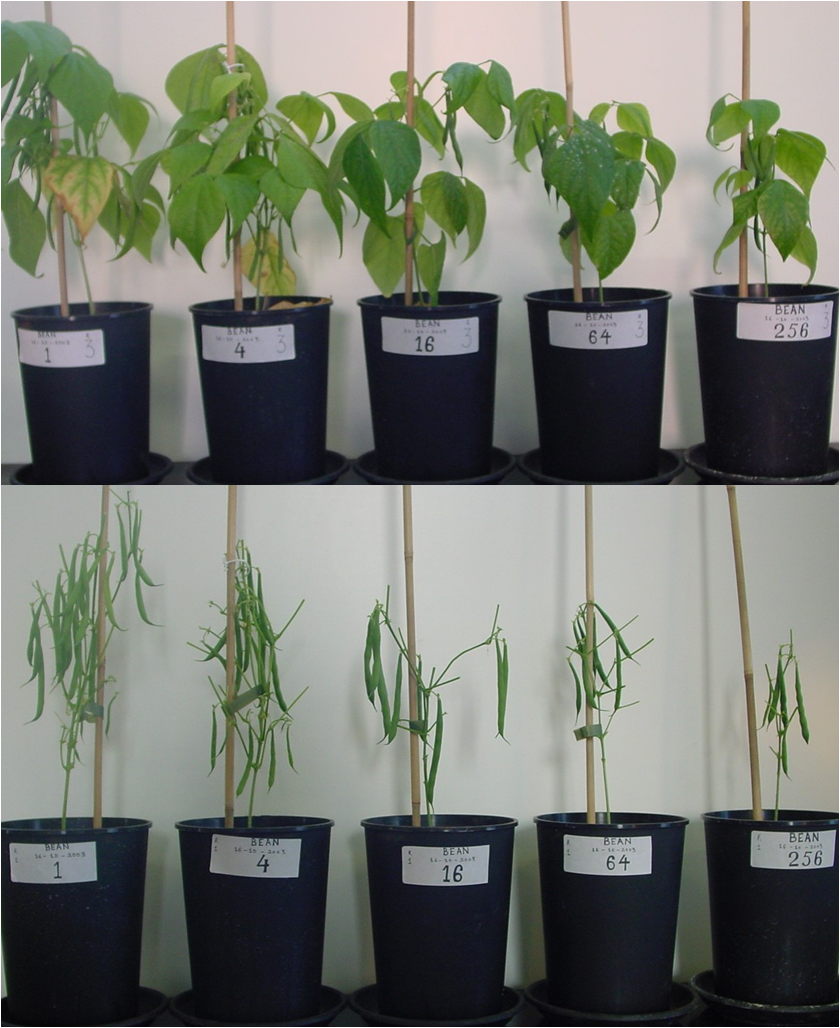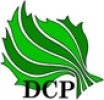General Plant attacker of the month October: the root lesion nematode Pratylenchus spp.
Pratylenchus spp. (root lesion nematodes) are worms (Nematoda) that are so small they can only be seen with a microscope. They feed and multiply on plant roots, causing wounds (= lesions) that result in reduced plant growth. This can lead to “bald spots”, places where the crop grows less well or even dies off completely (picture 1). Indirect damage can also be caused by fungi and bacteria that penetrate the plant root at the site of the wound.

Pratylenchus spp. are migrating endoparasites. They can completely invade a plant root then go out looking for another piece of plant root or even another plant. About 70 species have been described. Pratylenchus spp. occur in all climates and have many host plants. Within Flanders, P. penetrans and P. vulnus are the most important species. Pratylenchus penetrans is widespread and can cause serious damage in vegetables, potatoes, roses and nursery plants. The wood root vegetable nematode P. vulnus, originally from southern Europe, mainly causes damage in woody crops.
Depending on the crop, damage occurs from a certain number of Pratylenchus spp. present in 100 cm3 of soil. We call this number the damage threshold (picture 2). It is important to keep the number of root lesion nematodes below this damage threshold. This can be done by a well-considered rotation. For P. penetrans, African marigolds (Tagetes patula) can be used (picture 3). When P. penetrans penetrates the roots of the marigolds, the plant’s own defense system is activated and kills the nematodes.

In January 2018, the VLAIO LA project "Control of plant parasitic nematodes with green cover crops in outdoor vegetables" (VLAIO green cover crops) started. In this project, we investigate the damage thresholds for P. penetrans in different vegetables and investigate control methods to prevent damage caused by P. penetrans.
 Diagnostic Centre for Plants
Diagnostic Centre for Plants